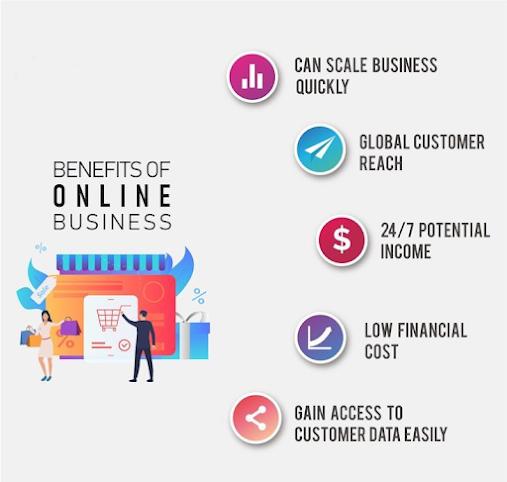DIGITAL WALLETS
Digital wallets are virtual or digital versions of physical wallets that store payment information such as credit card numbers, bank account information, and shipping addresses. These digital wallets allow users to make purchases or transactions without physically presenting their payment card or typing in their billing information each time. Instead, users can store this information in the digital wallet and access it for quick and easy checkout when making a purchase.

In conclusion,
digital wallets offer a convenient and secure way to manage payments and
personal information, but also have potential disadvantages such as technical
issues, security concerns, limited acceptance, battery dependency, and cost. It
is important for users to carefully consider the advantages and disadvantages
and to choose a digital wallet that meets their specific needs and preferences.
Additionally, users should take steps to protect their digital wallet and
financial information, such as using strong passwords and regularly monitoring
their account activity.
Some
popular examples of digital wallets include Apple Pay, Google Pay, and PayPal.
These wallets use near-field communication (NFC) technology or QR codes to
allow users to make purchases by simply tapping their smartphone or scanning a
code at the point of sale.
In
addition to storing payment information, digital wallets can also store loyalty
and rewards card information, tickets, boarding passes, and other personal
information, making them a convenient and secure way to manage various aspects
of one's finances and travel.
ADVANTAGE
There
are several advantages to using a digital wallet:
Convenience:
Digital wallets allow users to store all of their payment information in one
place, eliminating the need to carry physical cards or remember multiple
account numbers and passwords. This makes checkout faster and more convenient,
especially when shopping online.
Security:
Digital wallets often use advanced security features, such as encryption,
biometric authentication, and secure storage of information, to protect users'
financial and personal information. This can be more secure than carrying
physical cards that can be lost or stolen.
Simplified
transactions: Digital wallets allow for quick and easy transactions, without
the need for physical cash or card processing. This can simplify transactions,
especially for small amounts, and reduce the need for physical change.
Rewards
and offers: Some digital wallets offer loyalty programs, rewards, and special
offers to users. This can incentivize the use of the digital wallet and provide
additional benefits.
Increased
efficiency: Digital wallets can also make it easier for businesses to process
transactions, reducing the need for physical card processing and enabling
real-time payment tracking and management.
In
short, digital wallets offer users a more convenient, secure, and efficient way
to manage their finances, store personal information, and make transactions.
There are also some potential
disadvantages to using digital wallets
Technical
issues: Digital wallets can be subject to technical problems such as
compatibility issues, slow processing times, or system crashes. This can be
frustrating for users and can disrupt transactions.
Security
concerns: Although digital wallets offer advanced security features, there is
still a risk of hacking, data breaches, or other security threats that can
compromise users' financial and personal information.
Limited
acceptance: While digital wallets are becoming increasingly popular, they may
not be accepted at all merchants or establishments. This means that users may
still need to carry physical cards or cash for certain transactions.
Battery
dependency: Digital wallets typically require a smartphone or other device with
a charged battery in order to be used. This can be a disadvantage for users who
rely on their devices for transactions and may not always have access to a
charger.
Cost:
Some digital wallets may charge fees for certain transactions or services. In
addition, the cost of a compatible device, such as a smartphone, may be a
barrier for some users.
It
is important to weigh the advantages and disadvantages of digital wallets
before deciding to use one, and to choose a wallet that meets your specific
needs and preferences. Additionally, it is important to take steps to protect
your digital wallet and financial information, such as using strong passwords
and regularly monitoring your account activity.



Comments
Post a Comment